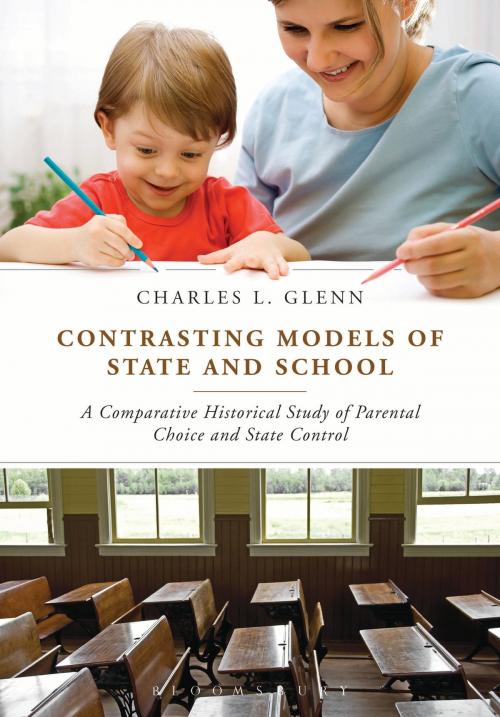Contrasting Models of State and School
A Comparative Historical Study of Parental Choice and State Control
Nonfiction, Reference & Language, Education & Teaching, Teaching, Physical Education, History| Author: | Charles L. Glenn | ISBN: | 9781441165800 |
| Publisher: | Bloomsbury Publishing | Publication: | March 31, 2011 |
| Imprint: | Continuum | Language: | English |
| Author: | Charles L. Glenn |
| ISBN: | 9781441165800 |
| Publisher: | Bloomsbury Publishing |
| Publication: | March 31, 2011 |
| Imprint: | Continuum |
| Language: | English |
chool Choice and the forming of citizens for responsible freedom are two of the most hotly debated topics in educational policy. International comparison offers perspective on the effects of alternative policies. This book profiles historically and currently two countries which give strong support to parental choice (The Netherlands and Belgium) and two others that maintain a strong State role in controlling education (Germany and Austria). Charles L. Glenn draws upon Dutch, French, and German sources to contrast how the Dutch and Belgians came over the 19th and 20th centuries to entrust education to civil-society institutions with strong parental choice, while Germany and Austria maintained a predominant State role in education. Glenn illuminates the implications of these policies and the dangers that can arise when the State uses popular schooling to shape popular beliefs and loyalties. This is essential reading for policy specialists concerned with balancing school autonomy and government oversight, and with debates over parental choice of schools.
chool Choice and the forming of citizens for responsible freedom are two of the most hotly debated topics in educational policy. International comparison offers perspective on the effects of alternative policies. This book profiles historically and currently two countries which give strong support to parental choice (The Netherlands and Belgium) and two others that maintain a strong State role in controlling education (Germany and Austria). Charles L. Glenn draws upon Dutch, French, and German sources to contrast how the Dutch and Belgians came over the 19th and 20th centuries to entrust education to civil-society institutions with strong parental choice, while Germany and Austria maintained a predominant State role in education. Glenn illuminates the implications of these policies and the dangers that can arise when the State uses popular schooling to shape popular beliefs and loyalties. This is essential reading for policy specialists concerned with balancing school autonomy and government oversight, and with debates over parental choice of schools.















